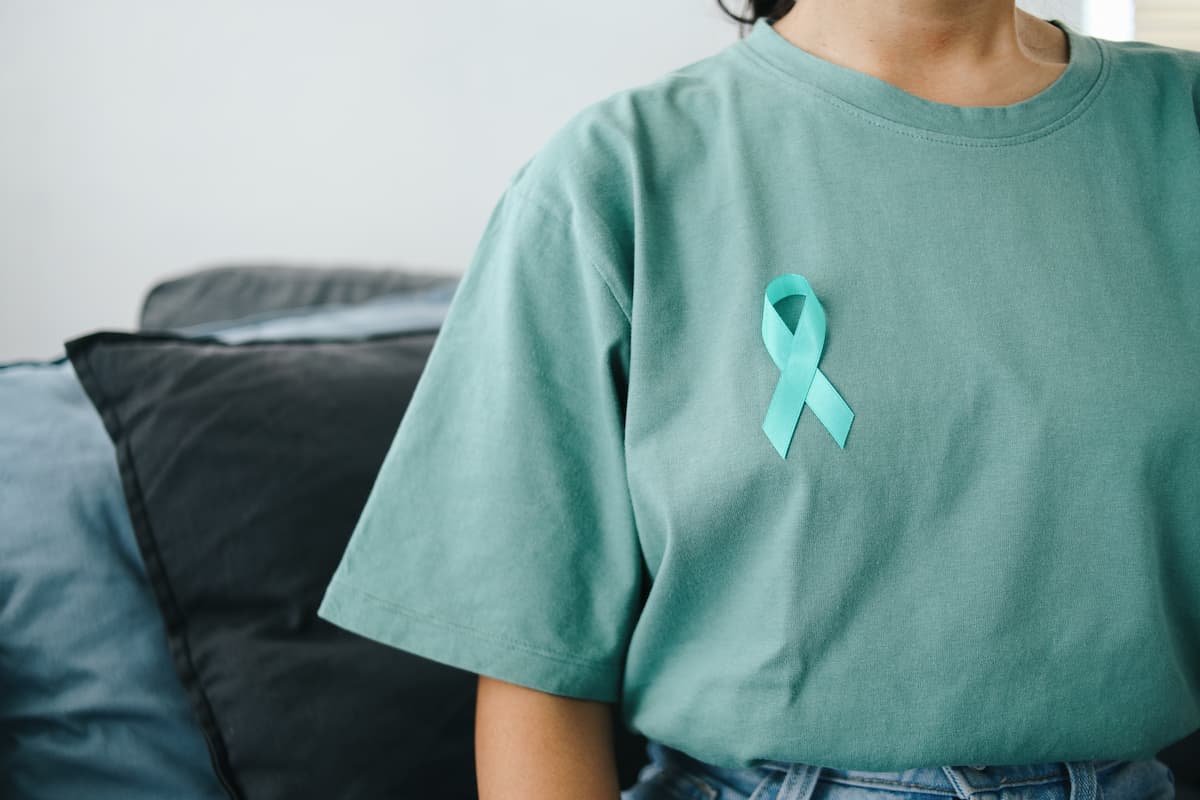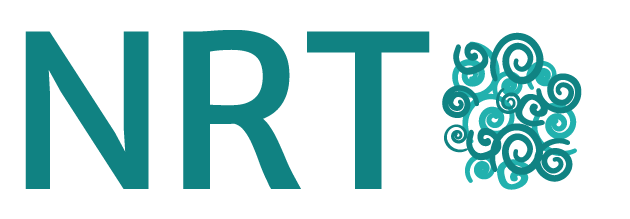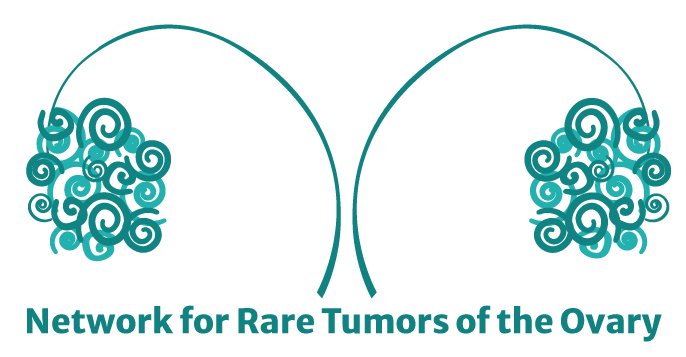Specific challenges posed by rare cancers:
- Late or incorrect diagnosis
- Lack of access to appropriate therapies and expertise
- Lack of commercial feasibility in developing new therapies
- Difficulties in conducting well-powered clinical studies
- Limited number of tissue biobanks.
- Difficulties for the patient in finding answers to their questions, and a sense of loneliness when facing a rare disease
- In hereditary cases, patients and their caregivers may feel helplessness, guilt, and distress in response to new diagnoses within the family
- Hereditary cases may affect pediatric patients more frequently than sporadic cases
Specific Challenges posed by ovarian cancers.
- Ovarian cancers often remain undetectable until they reach advanced stages
- Ovarian tumors often require surgery of both ovaries, what has severe hormonal consequences for the patient
- Ovarian cancers can affect children and adolescents.
- Some subtypes of ovarian cancer can relapse many years after initial diagnosis, thus, patients are under surveillance for a long time.
Specific challenges posed by Small Cell Carcinoma of the Ovary, Hypercalcemic Type:
Small Cell Carcinoma of the Ovary, Hypercalcemic Type presents all the challenges of a rare cancer. Additionally, we can also enumerate specific challenges/difficulties:
- SCCOHT primarily affects young women, and due to their age, the symptoms they experience are frequently mistaken for other conditions.
- The hypercalcemic variant of small cell carcinoma elevates blood calcium levels. High calcium level can be life-threatening.
- SCCOHT is a cancer with very rapid progression.
Retrieved from ESMO


